It is necessary to trust in the oppressed and in their ability to reason
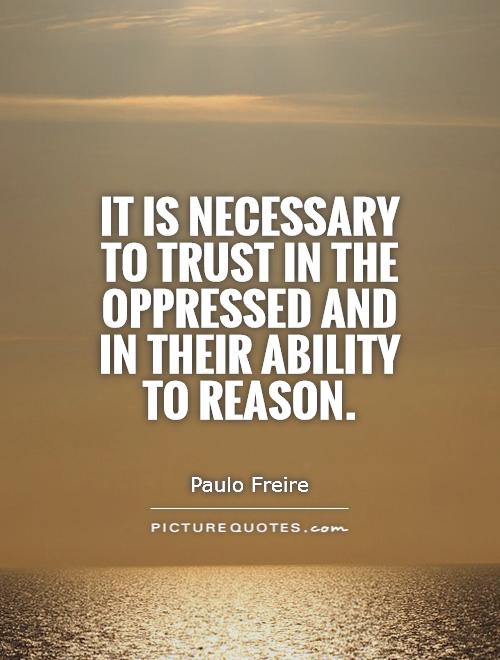
It is necessary to trust in the oppressed and in their ability to reason
Paulo Freire, a Brazilian educator and philosopher, is best known for his work on critical pedagogy and his belief in the transformative power of education. One of the key principles in Freire's philosophy is the importance of trusting in the oppressed and their ability to reason. Freire believed that those who are marginalized and oppressed in society have the capacity to critically analyze their own circumstances and work towards their own liberation.Freire's concept of trusting in the oppressed is rooted in his understanding of the relationship between oppressors and the oppressed. He argued that oppressive systems dehumanize both the oppressors and the oppressed, but it is the oppressed who have the potential to break free from this cycle of oppression. By trusting in the oppressed and their ability to reason, Freire believed that they could become active agents in their own liberation.
In his seminal work, "Pedagogy of the Oppressed," Freire outlined his theory of conscientization, which is the process of developing critical consciousness and understanding the social and political forces that shape one's reality. Through conscientization, the oppressed can begin to question the status quo, challenge oppressive systems, and work towards social change. Freire believed that this process of critical reflection and action was essential for achieving true liberation.
Trusting in the oppressed also means recognizing their inherent dignity and humanity. Freire rejected the notion that the oppressed are passive recipients of charity or pity, and instead emphasized the importance of empowering them to become active participants in their own liberation. By trusting in the oppressed and their ability to reason, Freire sought to shift the power dynamics in society and create a more just and equitable world.
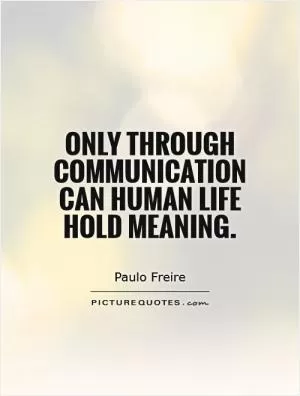


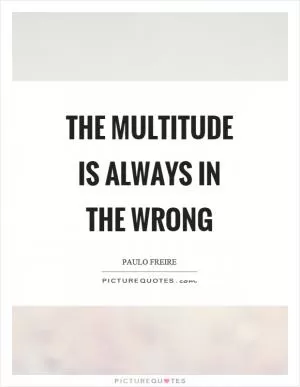
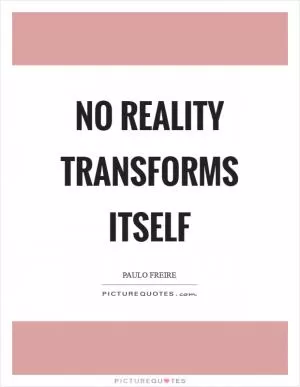



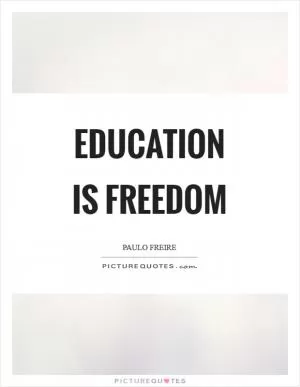
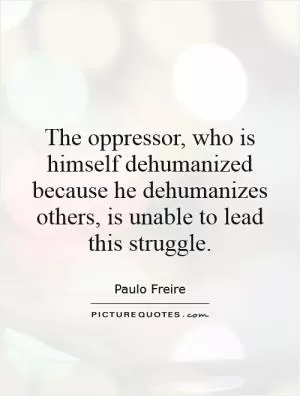
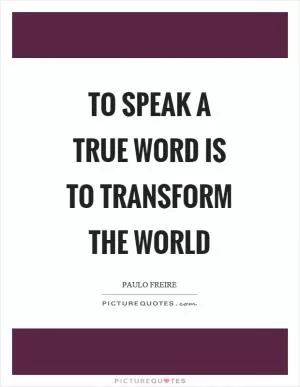

 Friendship Quotes
Friendship Quotes Love Quotes
Love Quotes Life Quotes
Life Quotes Funny Quotes
Funny Quotes Motivational Quotes
Motivational Quotes Inspirational Quotes
Inspirational Quotes